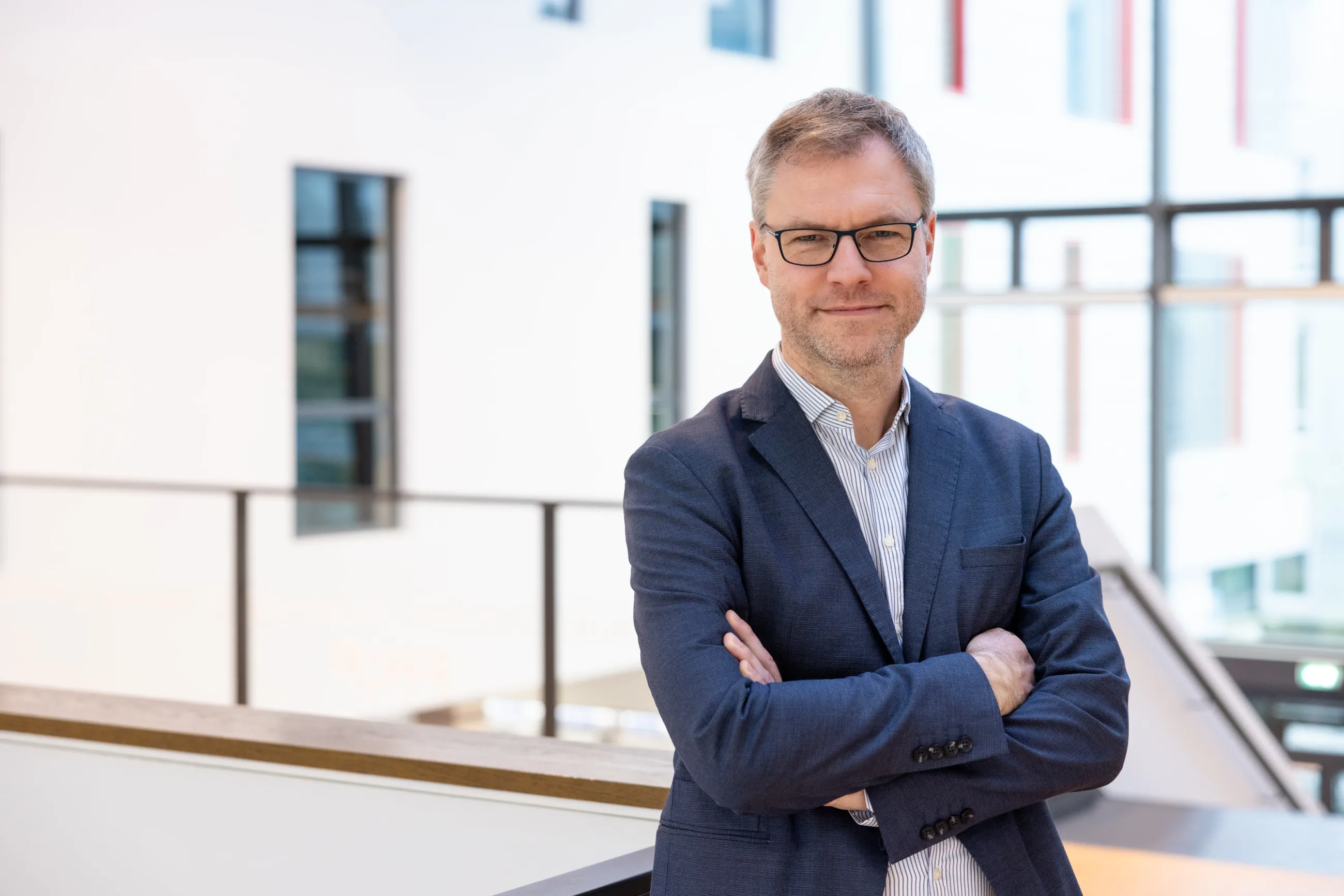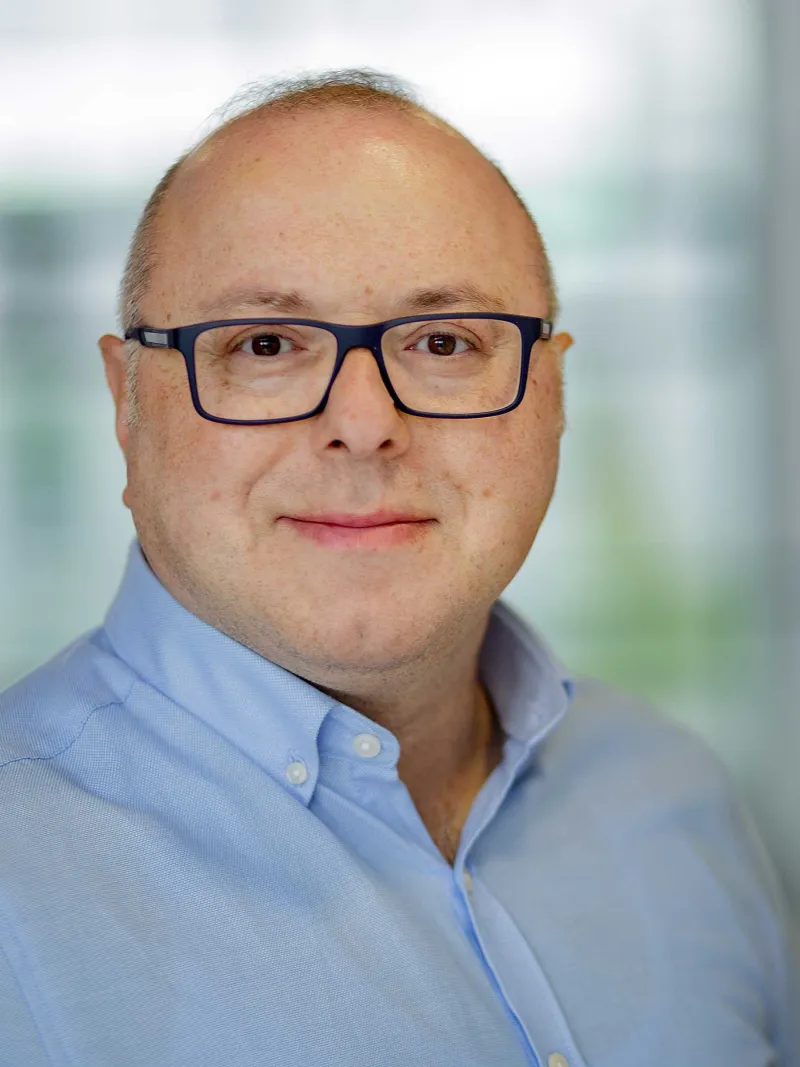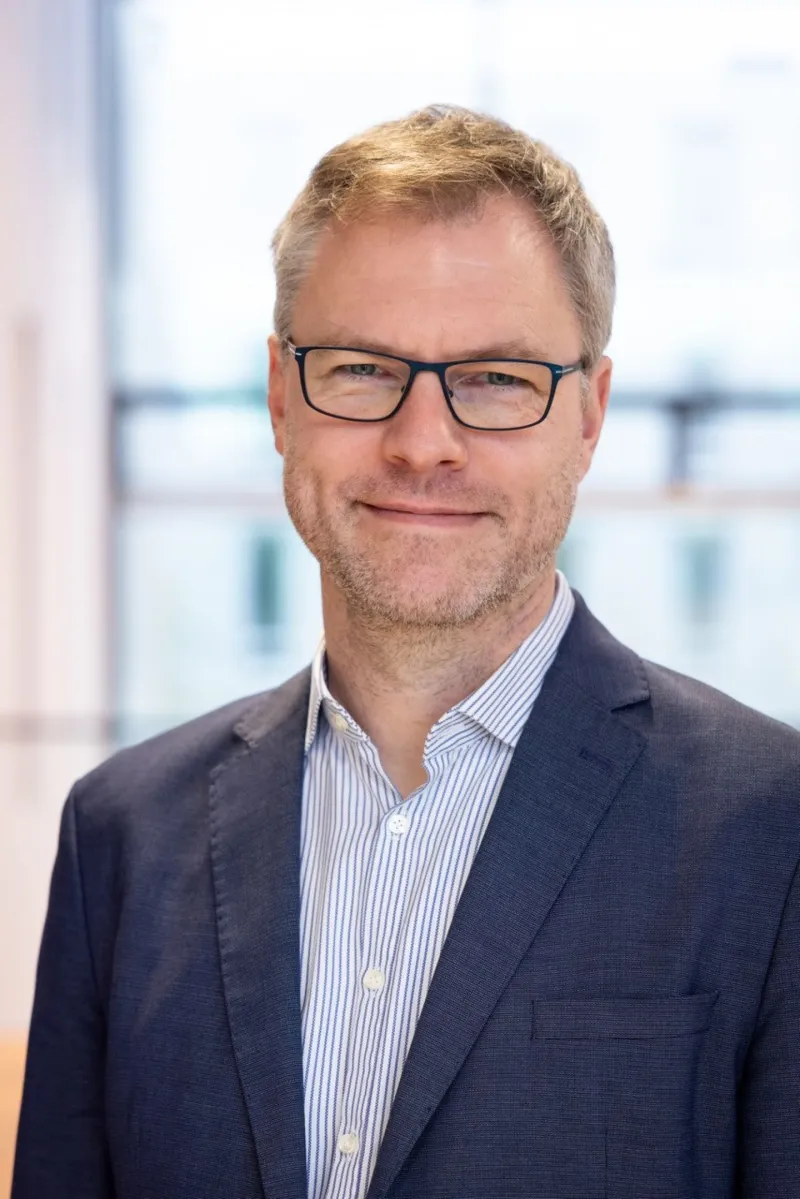Interview
30 Years of the Centre for Further and Continuing Education (ZEW) Review, Present and Outlook

On the occasion of the 30th anniversary of the Centre for Further and Continuing Education (ZEW) at the FHP, Prof Dr Tobias Schröder (Vice President for Studies and Teaching) reflects on key decisions, challenges and future prospects. In this interview, he talks about the strategic development, the role of continuing education in the university context and his vision for the coming years.
Looking back on 30 years of continuing education at the FHP: In your view, which strategic decisions or decisions that set the course were particularly formative for the current orientation of the department?
During my time as Vice President for Continuing Education, the strategic decision was made following an external review: The Centre for Further and Continuing Education (ZEW) would remain firmly anchored at the FH Potsdam. We deliberately decided against spinning it off into a limited company or similar legal form - a path that many other universities have taken. The key idea: we wanted to strengthen lifelong learning as an integral part of the university, not as a separate area.
How do you see the role of continuing academic education in interaction with regular studies - and what opportunities arise from a closer integration of the two areas?
In a knowledge society, the knowledge of all professionals must be continuously updated and we are therefore increasingly seeing a coexistence of professional activity and academic education and training. This also simply reflects the reality of life for today's students. We know from our surveys that practically all of them work alongside their studies, and often these are no longer traditional part-time jobs, but qualified activities that are closely related to their studies. We need to do justice to this by considering part-time academic continuing education in a modular system as part of a future degree programme to a greater extent than has been the case to date.
To what extent can and should continuing education contribute to actively shaping social transformation processes - such as digitalisation, demographic change or skills shortages?
The counter question is: How can transformation even succeed without continuing education? If technologies and social requirements are developing ever faster, skills cannot remain at the level they were once acquired during training or studies. Further training is the key to keeping pace - and actively helping to shape it.
What structural or institutional changes do you consider necessary in order to make academic continuing education sustainable in the long term and compatible with international developments?
The smooth transition between part-time academic continuing education and university studies presents us with major organisational challenges. Studies are still often based on the assumption of a full-time job - eight hours a day, five days a week. However, this no longer corresponds to the reality of over 90 per cent of our students. At the same time, the necessary flexibilisation must not lead to the central qualities of studying being lost: the protected intellectual space and personal, collaborative development. We must actively organise this conflict of objectives at the university.
When you think about the next 10 to 15 years, what vision do you have for academic continuing education at universities - and what needs to be initiated today to achieve this?
The university will evolve from a companion for one stage of life to a lifelong educational companion. Academic continuing education makes it possible to gradually acquire a fully-fledged degree over a period of years. We need to set the organisational, legal and financial course for this today - without losing the value of the academic community that makes up a traditional degree programme.
What do you wish for the Centre for Continuing Education (ZEW) in the future - with regard to its role within the university, its external image and its further development in the coming years?
I hope that ZEW continues to be as successful as it has been in recent years. It should boldly continue on its path from an administrator of continuing education programmes to an agile, innovative trendsetter - with new programmes that are in tune with the times and strengthen the university both internally and externally.
The interview was conducted by Mustafa Turna

